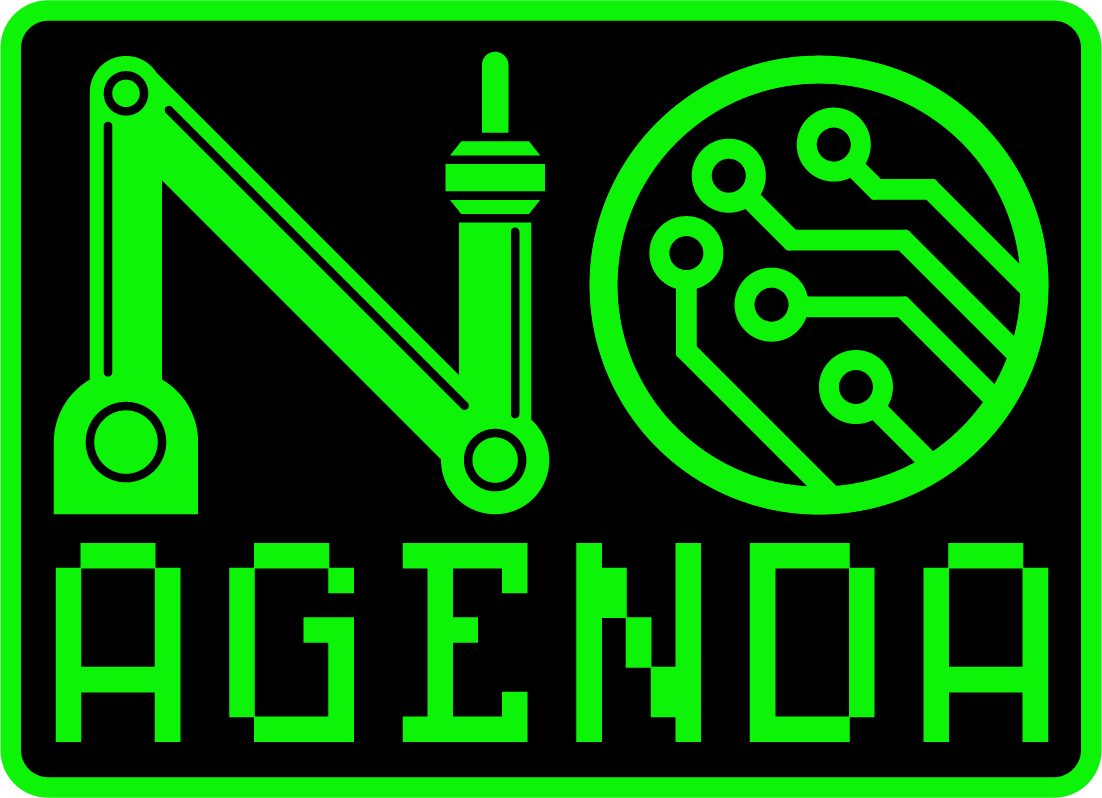| Question for you: How much energy do you spend on showing or hiding emotions? For example: A retail salesperson or server who puts on a smile even if they don’t feel like it, to better appeal to customers An introverted person who spends lots of time with others (a long meeting at work, a series of back-to-back meetings, or even spending lots of time with friends) A doctor or nurse who strives to show good bedside manor, even if they feel overrun or exhausted A teacher, speaker, or facilitator who has to put on a show every time they work Can you see yourself in one of these scenarios, or a similar one? If so, you’re spending what’s called “emotional labor.” What is emotional labor? Emotional labor is when you manage your emotions in order to present yourself in a certain way while doing a job, spending time with friends, or in other activities. The idea is that some people pay way more attention to how they’re perceived by others. In some ways, this can be a strength as it allows you to manage that perception in an effort to reach your goals. To do so, though, may sometimes require “faking” emotions you don’t feel, or hiding emotions that you do. All of this takes energy, and if you’re not careful, mismanagement of that energy can cause you to burn out. Everyone expends emotional labor to some degree, but it affects certain types of people more than others. For example: introverts people who tend to be highly “agreeable” (people pleasers) those with a high degree of empathy those who are concerned with self-image and perception perfectionists I believe empathy and emotional labor are closely related. For example, if you’re constantly trying to guess another person’s thoughts and feelings, and you’re affected by those feelings, you may be moved to try to please others at the expense of your own needs. In many contexts, this is admirable! But it can also be dangerous. In contrast, there are those who are less agreeable, have less empathy, or are not very concerned with what others think. On the surface, others may consider this a weakness—and it can be in some situations. But it can also be a strength in other contexts, as these people aren’t afraid to share their direct thoughts openly and honestly…and because of this, they expend less emotional labor. IMPORTANT: Where you land on these traits does NOT determine how emotionally intelligent you are. Emotional intelligence is more about how you understand and manage those traits and tendencies. And that’s why this topic is so important—because the better you understand when and where you’re expending emotional labor, the better you can manage that energy and develop strategies that prevent you from over-expending. You know, like: Scheduling buffer time between meetings Taking a break after working with a customer or a colleague, or in between spending time with family or friends Doing a task that takes you away from others, so you don’t worry about which emotions you’re showing (or hiding) and can just be yourself So, give some thought to how you, your colleagues, and your friends and family are expending emotional labor. As you do, you’ll start to think of ways to help yourself—and to help them—make emotions work for you, instead of against you. Talk soon, |
Justin


Leave a Reply